
Emeli Sande is one of the most successful songwriters in the UK. Pic: Wikimedia Commons/Flickr
Songwriters and composers are making more money from their music as the PRS starts collecting royalties from social media platforms
The royalties that PRS members are receiving peaked at £746 million in 2018, an improvement of 4% on the previous year. The rise is due to the PRS collecting money for music used on Facebook and Instagram posts for the first time. Although the combined total income from those platforms alone is unclear, tracks played online now contribute £146 million in earnings – a rise of 20% since 2017.
Streaming means there is more music available now than ever before, and a song’s life span suffers because of this, so more money is drawn to the music at the top of the market from big-name artists. Currently, the PRS doesn’t collect money from music used in games, but this is an avenue they are exploring and one that could boost the earnings of lesser-known composers.
“We have 135,000 members, and somewhere around 25,000 out of them make a real living out of songwriting,” says CEO of PRS, Robert Ashcroft. “If you’re in the middle or at the lower end of the earning spectrum it’s getting harder and harder. In the old days, if you sold a CD or a song on a CD you got money – now, of course, you actually have to have people actually listen to your song. The subscription services are the ones that actually pay, but you pay a flat fee per month so you can listen as much as you like. The more people listen, the lower the value per stream.”
Any songwriter can become a member of the PRS, there is a one-off payment of £100. However, they do suggest joining when your music is due to make more than the sign-up fee. According to their website, the PRS advise that to earn over £100, your music would need to have:
- one play on a BBC 1 primetime show
- six plays on Sky 1
- two plays on ITV
- three plays on Channel 4
- five plays on BBC Radio 1
- 150 plays on an independent local radio station
- 200 plays on an MTV Music Channel
For live performance, your music will need to be performed at:
- 12 small-scale venues that are registered in the Gigs and Clubs scheme, such as a local pub
- two or three larger venues, such as Barrowlands in Glasgow or The Deaf Institute in Manchester
For more information about the PRS and how to join visit prsformusic.com


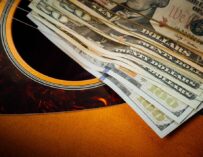
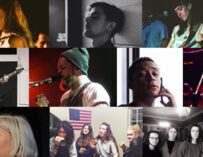
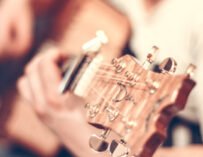


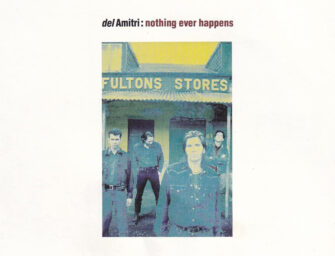

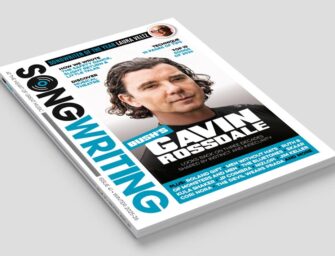
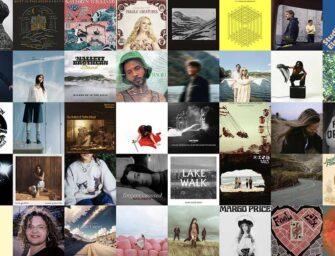





















Related Articles